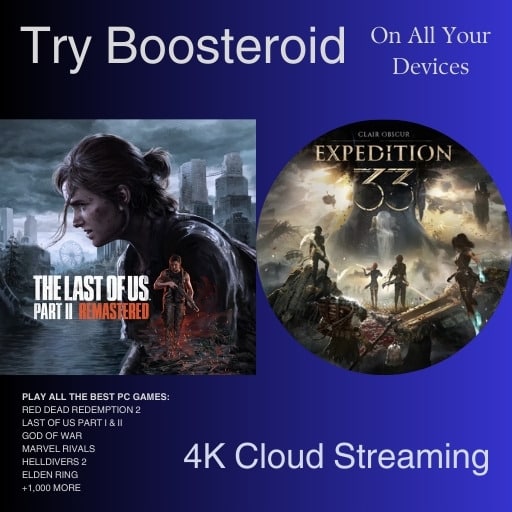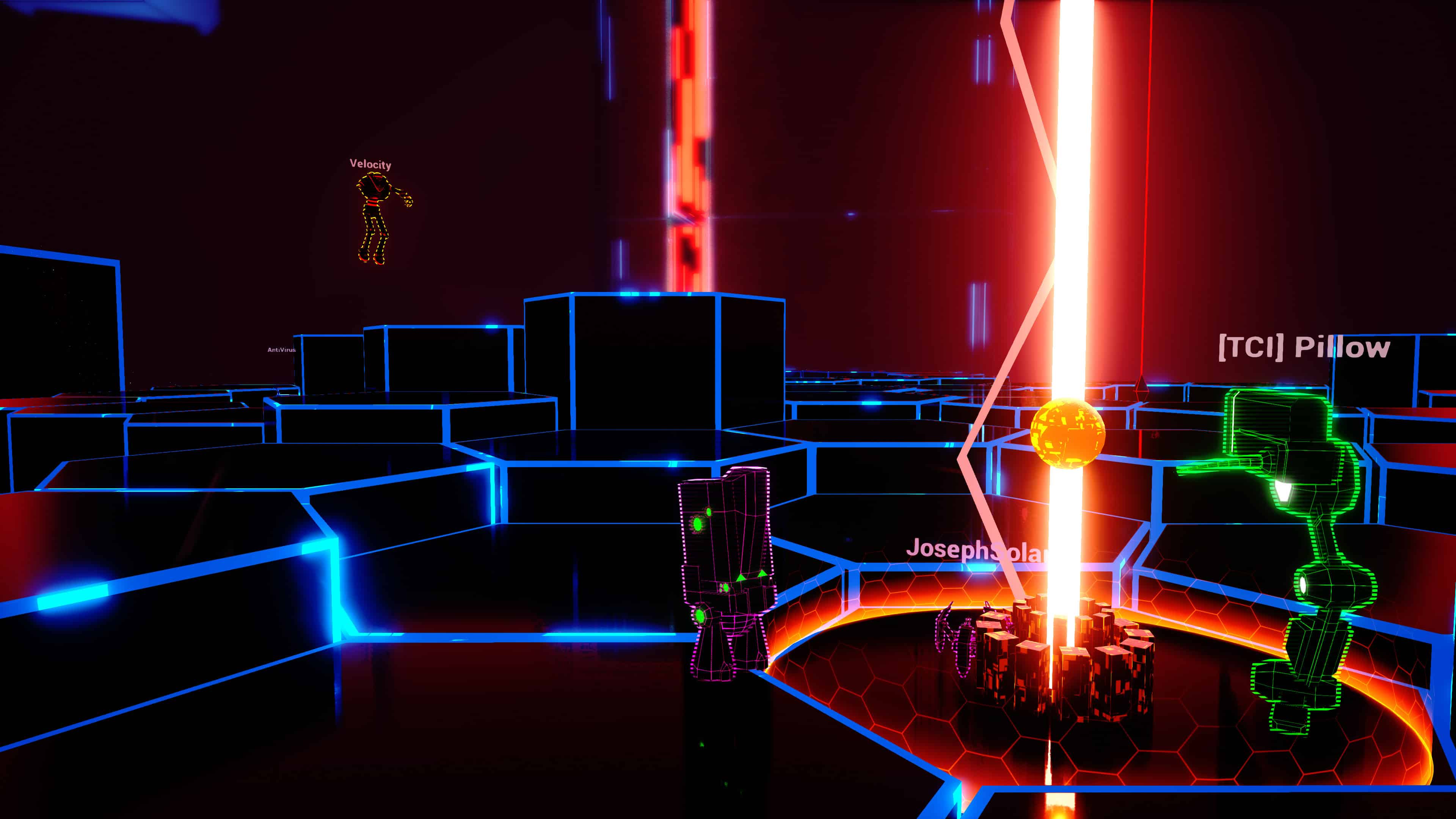
Note: Aaron Leaton, if you’re reading this, you’re a coding wizard, and we salute your adventurous spirit.
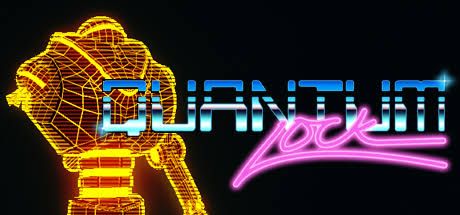
In a jaw-dropping display of digital sleight of hand, indie studio Fat Bomb Studios recently pulled off the ultimate disappearing act: they made their own game’s source code vanish into thin air. Poof! Gone. Like a magician’s rabbit, but without the cute ears.
The game in question? Quantum Lock—a cyberspace freeze tag extravaganza from 2015. The kind of game that makes you ponder life’s deepest questions, like, “Why am I chasing virtual avatars instead of doing my taxes?” or “Is this what Einstein meant by ‘spooky action at a distance’?”
Let’s set the stage. Picture a young, wide-eyed indie developer named Aaron Leaton. He dreams of pixelated glory, has a keyboard covered in Cheetos dust, and a portable hard drive that doubles as a coaster. Ah, the good ol’ days.
Quantum Lock was Aaron’s brainchild—a game so asymmetrical it made Picasso’s cubism look like a straight line. But here’s the twist: Aaron and his team were clueless about version control software. They were like cavemen trying to build a rocket ship with sticks and mud.
Fast-forward a few years, and Aaron’s back, armed with eight more years of game development wisdom. He opens Quantum Lock, expecting to find a treasure chest of bug fixes. Instead, he discovers a Pandora’s box of issues. Glaring ones. The kind that scream, “Remember that time you forgot to carry the one? Yeah, it’s haunting us now.”
But here’s the kicker: Aaron can’t fix any of it. Why? Because the source code—like a mischievous ghost—vanished. Poof! It’s like the code whispered, “I’m off to join the Bermuda Triangle. Catch you on the flip side.”
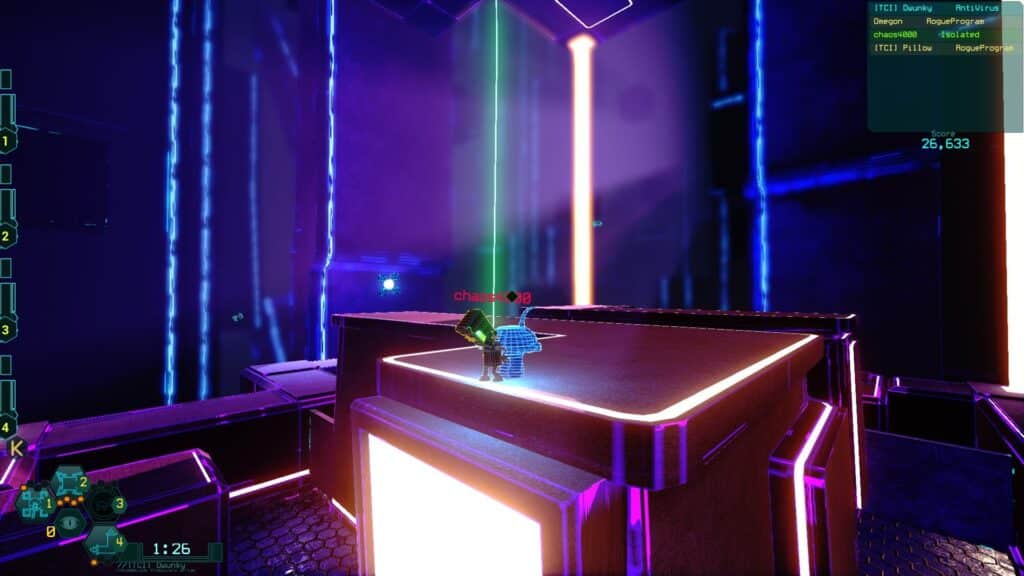
So why did the code vanish? Aaron explains it with the eloquence of a poet: “We lacked both the knowledge and resources to house data on a local server or the cloud.” Translation: They were still using floppy disks while the world had moved on to quantum USB drives.
What did Fat Bomb Studios do? They pulled Quantum Lock from Steam faster than a cat swipes at a laser pointer. No more unsuspecting players stumbling upon a game with more holes than Swiss cheese. Aaron didn’t want disappointed gamers. He wanted them to experience joy, not an existential crisis.
Thus, Quantum Lock joined the ranks of legendary lost artifacts: Atlantis, the Ark of the Covenant, and now, the Source Code of Destiny. Rumor has it that if you listen closely, you can hear its faint cries echoing through the digital void: “Back me up, bro!”
In conclusion, dear readers, let this be a lesson: Always back up your code. Use version control. And if you’re still rocking a portable hard drive, consider upgrading to a cloud-based solution. Because one day, your code might just vanish like a ninja in a foggy forest.
And remember, when life gives you lost source code, make memes. Or better yet, create a new game: “Quantum Lock: The Quest for the Missing Brackets.” It’ll be a hit. Trust me—my crystal ball says “404 Not Found” is the next big trend.
Disclaimer: No actual source code was harmed in the making of this article. Any resemblance to real indie studios is purely coincidental. Quantum Lock is now available exclusively in the parallel universe of “Oops, We Forgot to Back Up.”
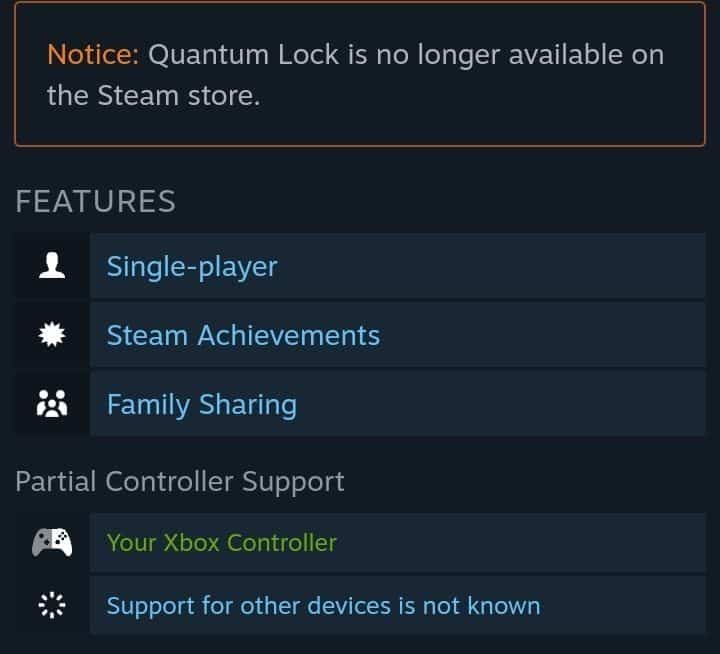
As always, remember to follow us on our social media platforms (e.g., Threads, X (Twitter), Bluesky, YouTube, and Facebook) to stay up-to-date with the latest news. This website contains affiliate links. We may receive a commission when you click on these links and make a purchase, at no extra cost to you. We are an independent site, and the opinions expressed here are our own.






